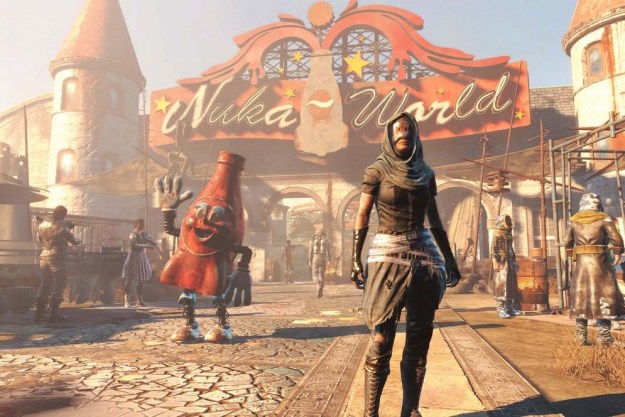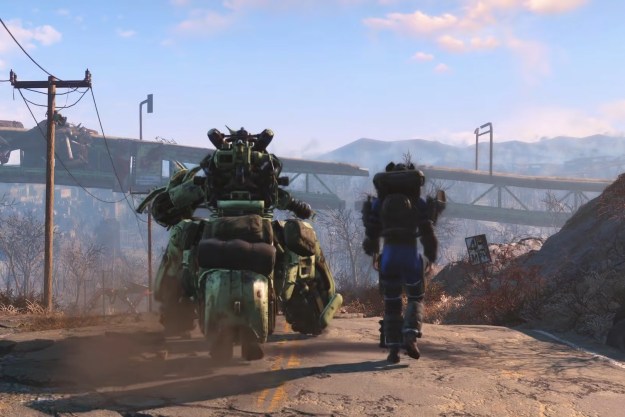
The announcement is quick to point out, however, that this does not yet mean that the actors are on strike, but rather “it gives the National Board the authority to declare a strike.” 75-percent approval was required from the membership for a strike to be possible, and the vote’s overwhelming support for a strike easily satisfied that requirement.
The possibility of a strike came up when the union’s previous Interactive Media Agreement expired at the end of 2014. Negotiations in both February and June of 2015 failed to produce a new deal, and the union then decided to pursue stronger tactics. With the board and membership’s authorization, the Negotiating Committee will now be able to realistically threaten to strike when they return to the bargaining table with major video game publishers.
According to an explanatory page on the union’s website, their platform comes down to essentially four big issues. The actors wish to be paid and treated in a manner that reflects the massive growth of the video game industry in recent years, which is eclipsing film as one of the most dominant and profitable media. Like film actors, voice actors want residual compensation from the back end for games that do exceptionally well. They are only asking for additional payment when games sell over 2 million copies, protecting smaller projects and developers. This figure was chosen based on research conducted by the union, as it explained in a related statement:
“We looked at the 100 top-selling games of the past two years and found that of the games with sales numbers that would trigger a secondary payment under this proposal – the “blockbusters” – the penetration of union performers is nearly 100 percent. That’s why we positioned our “ask” at 2 million copies – it’s where most games start to turn a profit, and it’s where all the union talent is found.”
Second, the actors would like protections in place for vocally stressful recording sessions, in the same way that stunt performers are compensated based on the difficulty of a given role. With the massive total recording times typical of major video games, the fatigue from challenging sessions can add up and damage the actors’ instrument, the union claims. They are asking that taxing sessions be limited to two hours.
Third, voice actors are often pulled into doing motion capture work in games as well, but sometimes without the same safety precautions taken for stunt performers in film and television. The union is asking that stunt coordinators be used in order that dangerous physical scenes are recorded with the same rigorous concern for safety as in any other medium.
Finally, the union is requesting greater transparency on the projects that actors are signing up for. Actors are frequently recruited for projects knowing little about the context in which their work will be used. In extreme cases this has led to actors revoking the rights to their performances on finding out about a game’s offensive content.
The move to strike has been supported by many prominent voice actors, including Jennifer Hale (Mass Effect), Wil Wheaton (Broken Age), David Hayter (Metal Gear Solid), Ashly Burch (Life is Strange), Tara Strong (Batman: Arkham City), Elias Toufexis (Deus Ex: Human Revolution), and more.
Editors' Recommendations
- Video game voice actors are poised for a strike after successful SAG-AFTRA vote
- With Valiant Hearts: Coming Home, Netflix finds its video game voice
- Silent Hill, Bioshock, and 4 more video game revivals we might see in 2022


